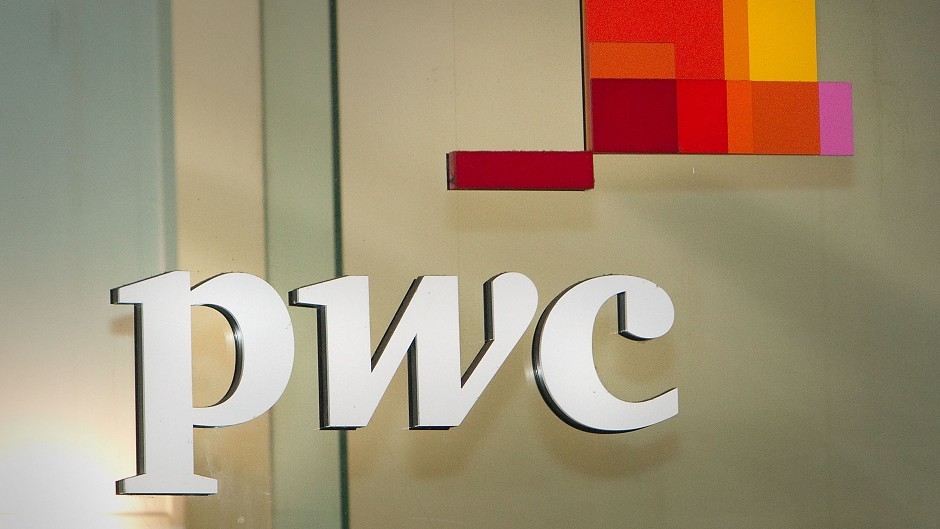The UK could find itself outside the world’s top 10 largest economies by 2050 despite its potential to outperform its EU allies over the same period, according to recent report by PwC.
The world economy is expected to grow at an average of 3% a year from 2014 to 2050, a period that PwC thinks will be marked by a continuation of the power shift away from North America, Western Europe and Japan.
The professional services firm predicts that the UK’s GDP, which the IMF put at £1.6trillion in October 2014, will grow by about 2.4% every year for the next 35 years, allowing emerging economies like Mexico to push it down a spot to 11th.
If PwC’s projections come to fruition, Germany will go from fifth to 10th, and France will also lose five places, ending up below the UK in 13th by the century’s halfway point.
Japan’s growth is likely to be slower than any of the other 31 surveyed countries — largely due to its aging population — a trend that will see it fall from fourth place to seventh.
John Hawksworth, PwC’s chief economist, said: “Emerging economies like Indonesia, Brazil and Mexico have the potential to be larger than the UK and France by 2030. Indonesia could rise as high as 4th place in the world rankings by 2050 if it can sustain growth-friendly policies.
“But despite expecting the UK to drop out of the top 10 largest economies by 2050, the projected average UK growth rate to 2050 is stronger than other large Western European economies such as Germany, Italy and Spain that face even bigger challenges than the UK from ageing populations and slowing productivity growth.”
Powerhouse China’s growth is expected to slow down after 2020, but it will remain top dog through 2050, increasing its share of global GDP to 19.4% from 16.5%.
PwC believes the EU’s share will go into reverse, dropping from 16.9% to below 11.6% by 2050, while the U.S.’s will fall from 16.3% to 13.1%.
Mr Hawksworth added: “Europe needs to up its game if it’s not to be left behind by this historic shift of global economic power, which is moving us back to the kind of Asian-led world economy last seen before the Industrial Revolution.
“The U.S. may hold up better, provided it can remain at the global technological frontier, and the UK could also perform well by G7 standards if it remains open to trade, investment, people and ideas.”
